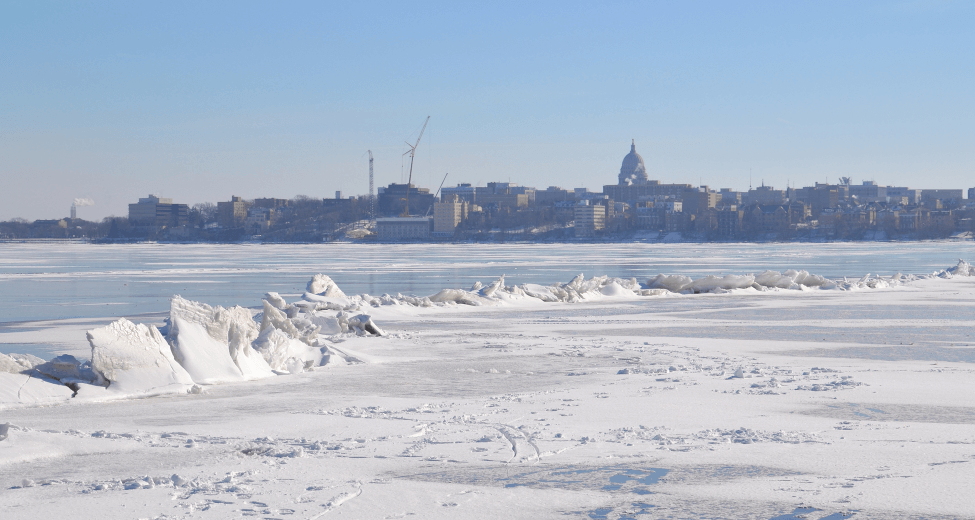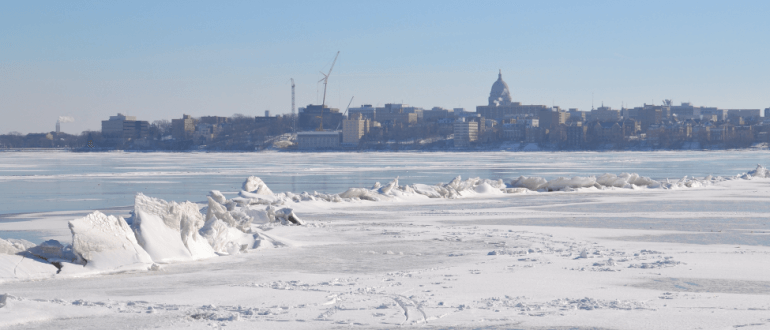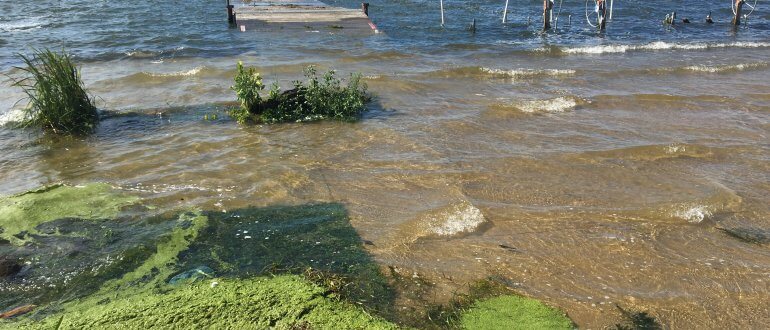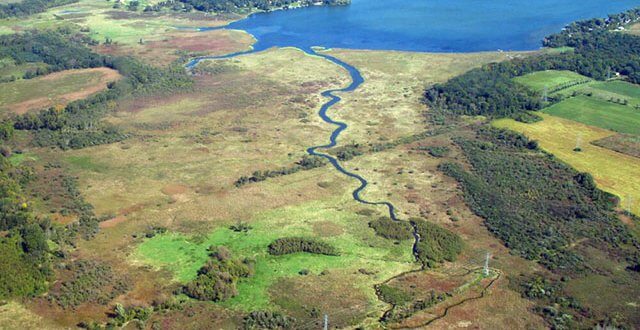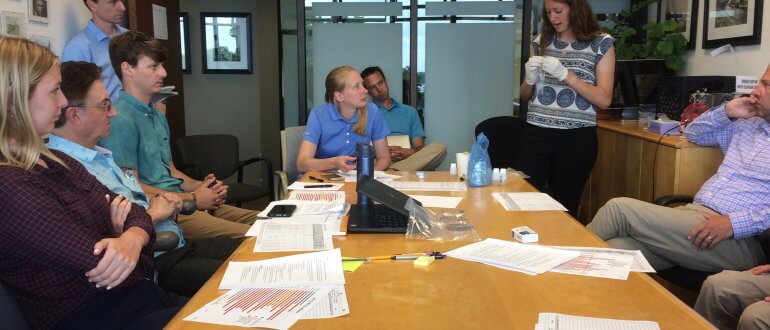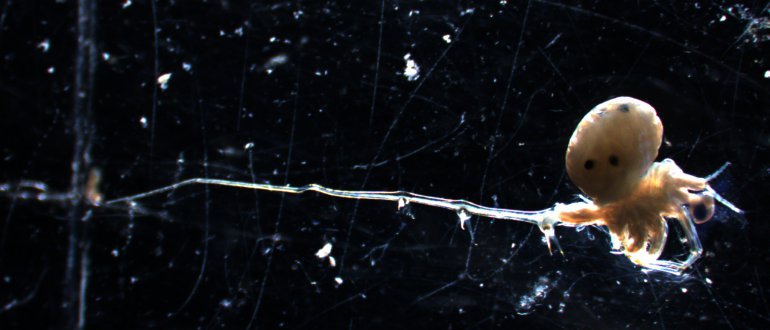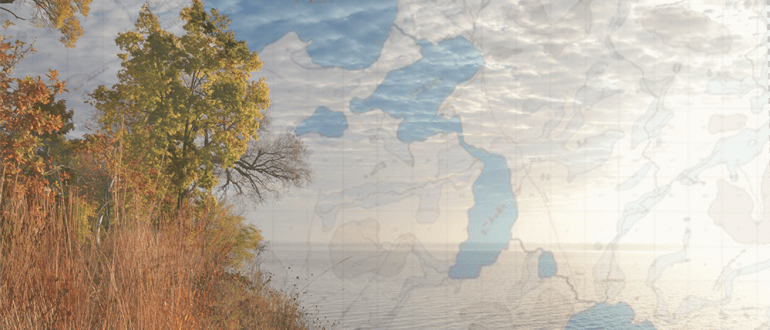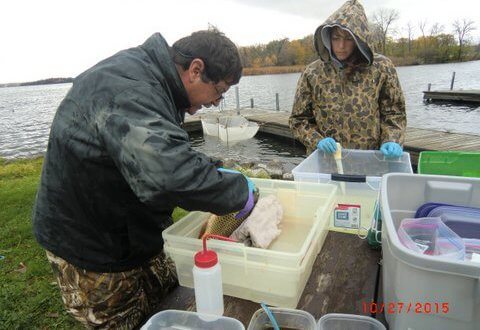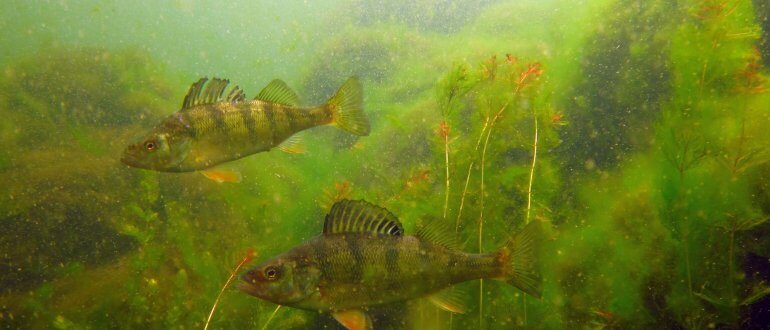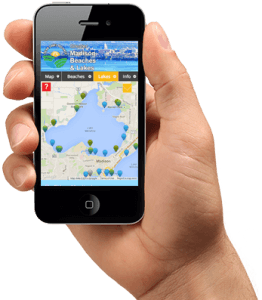How much do you know about the frozen lakes that make Madison winters so special? Test your knowledge with this quiz! Or, read more about our Mendota Freeze Contest.
Greater Madison flooding impacts our lakes
Flooding impacts the Yahara Watershed
Record rainfall reported
Record rainfall hit Greater Madison this month, and its impacts are far-reaching. Ten to fifteen inches of rain fell across western Dane County in less than 24 hours. The high volume of water is now making its way downstream through the Yahara Watershed, with our lakes reaching historic high levels. See real-time lake levels here.
Wetlands and the Yahara Watershed
Wetlands and the Yahara Watershed
From Cherokee Marsh north of Lake Mendota to the Waubesa Wetlands on the southwest shore of Lake Waubesa, wetlands can be found throughout the Yahara Watershed. In preparation for Dr. Cal DeWitt’s upcoming presentation, “Waubesa Wetlands: A New Look at an Old Gem,” we’ve prepared an overview of wetlands in the Yahara Watershed.
Volunteers test beaches for E. coli from home
Once a week during the beach season, Public Health Madison & Dane County tests our beaches for E. coli bacteria, which is an indicator for pathogens that might pose a human health risk.
These tests are important, because they help to close our beaches when it isn’t safe to swim. However, the labor involved with collecting samples and processing them in the lab makes testing expensive. While water conditions may change on a daily or even hourly basis, it usually isn’t feasible to test that frequently.
Invasive Species Highlight: Spiny Water Flea
Being Salt Wise
In the Yahara Watershed, salt applied to roads and sidewalks ultimately makes its way into our lakes and our drinking water. Road salt has been used as a deicer on streets in Dane County since the 1950s, and over the last 50 years, average concentrations of chlorides from salt in our lakes have steadily increased.
Yahara Lakes 101 with Dan Brown and Missy Tracy
Learn about Ho-Chunk history in the TeJop, or “four lakes,” region. Dan Brown and Missy Tracy of Ho-Chunk Gaming Madison will present an engaging historical overview, including information about the Yahara lakes and river. Please register to join us!
About our speakers
Dan Brown is the Executive Manager for Ho-Chunk Gaming Madison
Missy Tracy is the Municipal Relations Coordinator for Ho-Chunk Gaming Madison
We’re excited to be able to learn about the history of the Ho-Chunk people and our lakes!
About the series
Yahara Lakes 101 is a series of educational events open to the public and a great chance for residents to learn more about the science behind the issues that affect our lakes. Each month we feature a different expert to make the science accessible and interesting to non-technical audiences. Yahara Lakes 101 is produced in partnership with the UW-Madison Nelson Institute for Environmental Studies, with hosting sponsor The Edgewater, presenting sponsor First Weber Group, supporting sponsor The Evjue Foundation, and media sponsor The Isthmus.
Yahara 101 is held both indoors and outdoors (weather permitting) at The Edgewater. Come at 7:30 a.m. for a meet-and-greet and to enjoy your coffee, pastries, and fruit. The program begins at 8 a.m., and class is dismissed by 9 a.m.
If you already are a Friend of Clean Lakes (minimum $35 donation/year), then admission is free. Become a Friend today. If you are not a Friend yet, admission is $10 per event. Registration for each event is requested for all attendees. Special event parking will be available at The Edgewater.
2016 sees clearer water on Madison’s lakes
Clean Lakes Alliance volunteer monitors see improvements and mixed results
MADISON, Wis. — Clean Lakes Alliance has released results from the 2016 monitoring season on lakes Mendota, Monona, Wingra, Waubesa and Kegonsa. Over the past three years, the volunteer-based program has grown into an extensive 70-site effort to track water conditions near the shore, where most people interact with our lakes.
Friends of Lake Kegonsa Work to Improve Water Clarity
The Friends of Lake Kegonsa are working with the Department of Natural Resources and the UW-Madison Center for Limnology on a study of carp in the lake. The carp feed on the bottom of the lake and stir up sediment and phosphorus reducing lake clarity.
Resources Spotlight: Yahara Lakes Fishery
The Wisconsin Department of Natural Resources manages the fisheries of the Yahara lakes for recreation and water quality.
- 1
- 2
